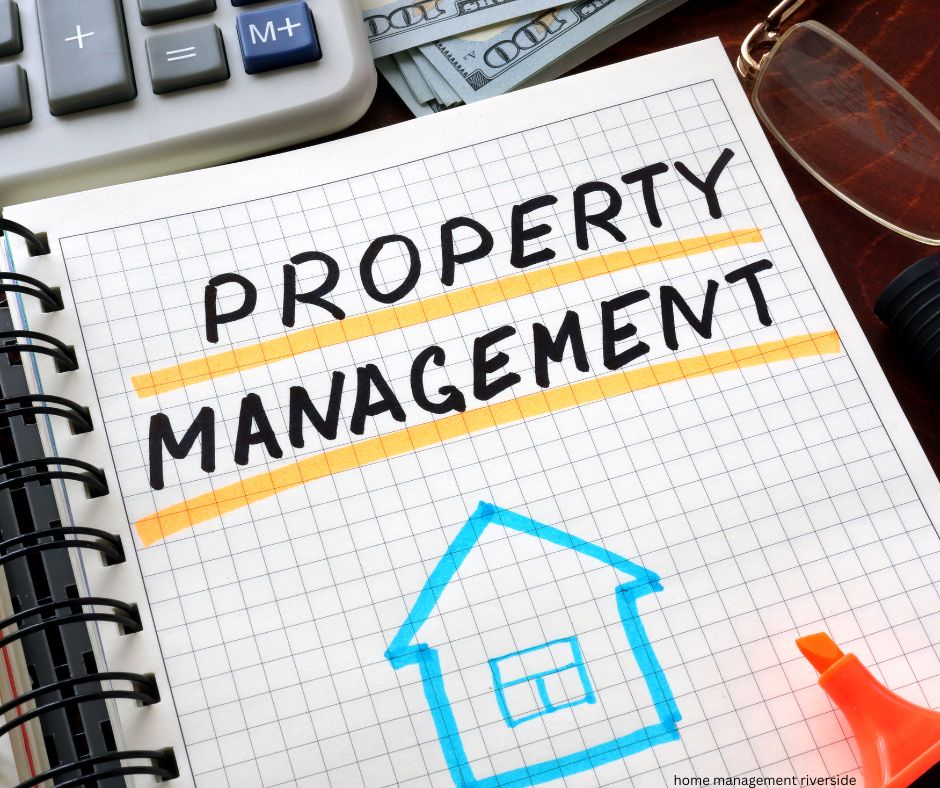How COA & CID Property Management in Riverside Is Evolving in 2025

Property management isn’t what it used to be. In 2025, the way communities are managed is undergoing rapid change. In cities like Riverside, COA (Community of Owners Associations) and CID (Common Interest Developments) properties are adapting to new technology, updated laws, and rising expectations from residents.
If you’re part of a board or living in a shared housing community, these changes may already feel familiar. From online portals to budget challenges, there’s a clear shift happening. Understanding how COA & CID Property Management in Riverside is evolving will help you plan more effectively, communicate more easily, and keep your property running smoothly.
Let’s take a look at the eight most significant ways property management is changing this year.
Table of Contents
2025 Trends in COA & CID Property Management Across Riverside
1. Digital Tools Are Improving Communication
Technology is one of the biggest drivers of change in COA and CID management. Many communities now use online platforms that allow residents to:
- Pay dues
- Submit maintenance requests
- Join meetings
- Receive real-time updates
Boards are also utilizing cloud-based systems to manage records and send notices more efficiently. In 2025, most management companies in Riverside offer digital portals that help reduce paperwork and improve transparency. These tools also save time for board members and staff.
2. California Laws Are Impacting Daily Operations
California updates its COA and CID rules frequently, and 2025 is expected to bring additional changes to the Davis-Stirling Act, elections, budgets, and meetings. Boards now rely more heavily on management companies to ensure compliance with these laws. For self-managed boards, COA & CID Property Management in Riverside plays a key role in handling legal responsibilities.
3. Maintenance Is Becoming More Preventive Than Reactive
Instead of waiting for things to break, many associations are focusing on long-term maintenance planning. This includes:
- Scheduling regular inspections
- Completing reserve studies
- Replacing aging systems before they fail
In older Riverside neighborhoods, this is especially important. Planning ahead can prevent major issues, lower repair costs, and avoid special assessments. In 2025, an increasing number of communities are utilizing software tools to monitor building conditions and manage vendors on schedule.
4. Residents Want More Involvement and Clarity
Homeowners today want to know where their money goes and how decisions are made. Many communities are increasing resident access to:
- Monthly financial reports
- Board meeting notes
- Project updates
Some boards are also using surveys to gather feedback before making changes. Involving residents helps build trust and improves community satisfaction. It’s not just about enforcing rules—it’s about creating a fair and open space for everyone.
5. Budgets Are Under Pressure from Higher Costs
Riverside, like much of California, is facing higher costs in almost every area of community management. Insurance rates have increased, materials are more expensive, and labor is becoming harder to find.
As a result, COAs and CIDs are revisiting their budget plans more frequently. In some cases, associations are raising dues, reducing non-essential spending, or applying for special assessments.
A skilled COA & CID Property Management in Riverside will help boards build more flexible budgets, plan for reserves, and manage financial stress effectively.
6. Going Green Is Becoming a Priority
Sustainability is no longer a future trend—it’s here now. In 2025, many Riverside associations are choosing eco-friendly options like:
- Drought-tolerant landscaping
- Solar lighting for shared spaces
- Electric vehicle (EV) charging stations
- Water-saving plumbing upgrades
Not only do these changes help the environment, but they can also reduce long-term utility costs. Boards are also finding that eco-friendly upgrades can make the property more attractive to buyers and renters.
7. Data Is Driving Smarter Decisions
Boards and property managers are using data to make better decisions. New tools help track service trends, predict maintenance needs, and even analyze budget spending over time.
This type of planning gives COAs and CIDs a big advantage. They can identify issues earlier, adjust spending more quickly, and prevent unnecessary repairs. Data can also aid in vendor selection or contract renewals by comparing costs and performance histories.
8. Vendor Oversight Is Getting Stronger
Boards are no longer selecting vendors solely based on price. Today, more associations are checking:
- Licensing and insurance
- Customer reviews
- Work history and service records
In Riverside, many CIDs are even using third-party inspectors to ensure work is done correctly. This level of oversight protects the community and ensures residents get the value they’re paying for.
Maintaining a good relationship with vendors also leads to faster service, higher-quality work, and fewer complaints from residents.
Summary!
Property management for COAs and CIDs in Riverside has undergone significant evolution in 2025. From digital systems to green upgrades, today’s communities are more connected, better informed, and more proactive than ever before. These changes bring challenges—but they also bring new opportunities to make neighborhoods stronger and more efficient.
Boards that adapt to these trends will have an easier time keeping residents happy and properties well-maintained. But doing it all alone can be overwhelming.
That’s where Jla Real Estate Group comes in. With years of experience in COA and CID management in Riverside, they understand the local challenges and offer clear, practical solutions. If your board needs help keeping up with 2025’s changes, partnering with JLA Real Estate Group could make all the difference.




